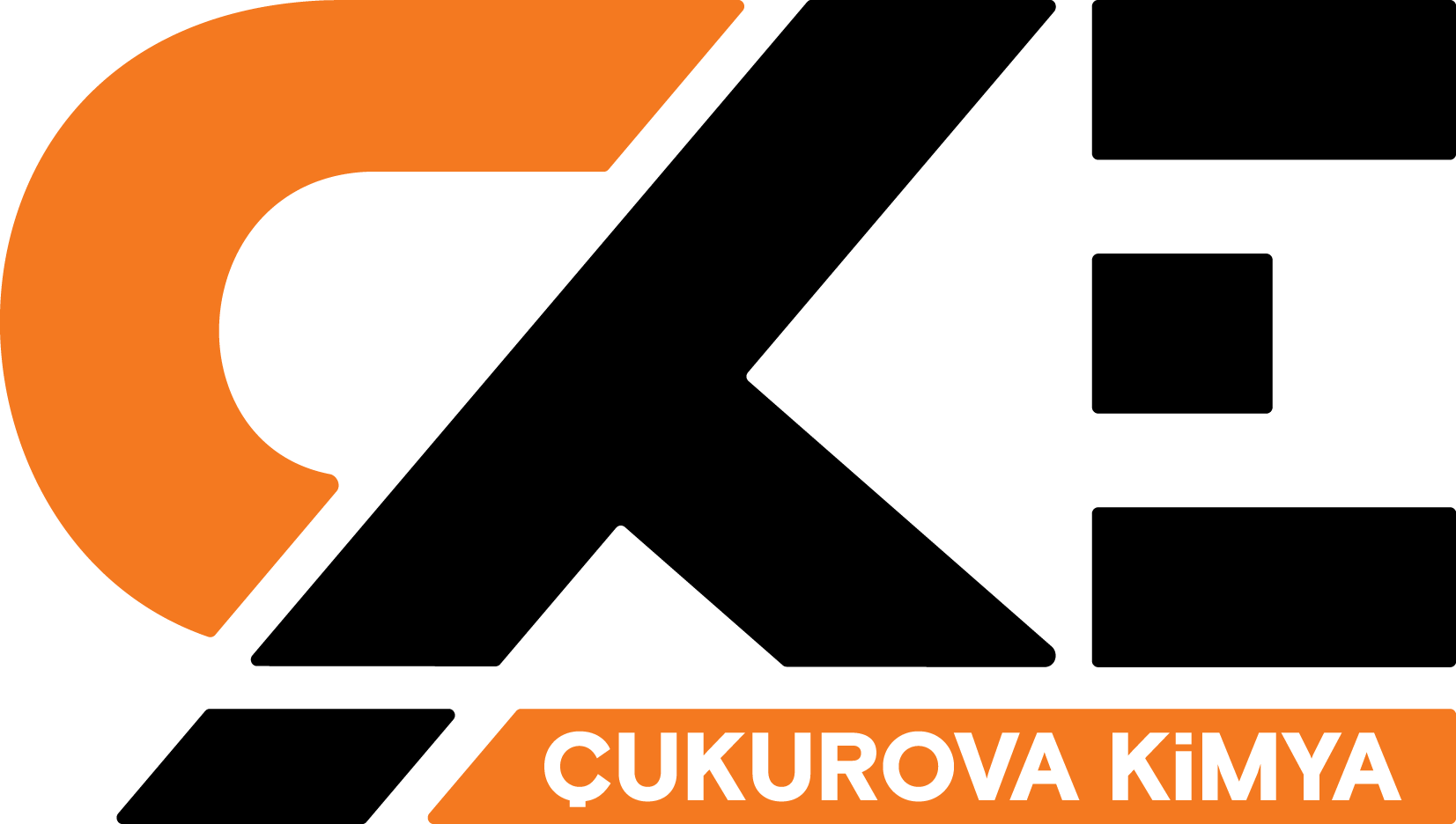Coated Abrasives
Coated abrasives are produced by coating abrasive grains on supports made of paper, fabric or vulcanized fiber. Phenolic resins are used to wet the inorganic raw materials (alumina, silicon carbide, zircon, etc.) and to bond them to the abrasive backing surface in the production of coated abrasives.
The abrasives, which are electrostatically coated with the binder applied on the preferred backing, are configured in the desired size and shape after curing at the appropriate oven temperature. The special pigments that are in the color charts of the customers are compatible with the phenolic binder, undergo a minimum color change during the curing process. Generally, water-based resins with reduced emission values are used. The pot life, friction and heat resistance of the abrasive products are increased with the choice of binder.
R&D specialists direct their projects by considering the rheological properties of resins to facilitate the production of abrasives. Modifiable resins are produced that allow sandpaper manufacturers to achieve maximum coating performance compatible with curing (baking time) curves. Depending on the usage area of abrasive, products with increased flexibility, resistance to water, and reduced amount of free monomer, environmentally friendly products are offered to the sector.
 Product Advantages
Product Advantages
- Minimal color change in the final product
- Environmentally friendly production with reduced emissions
- Production with long pot life and increased friction / heat resistance
Marble Grinding and Polishing Wheel Resins
They are used as a binder in the manufacture of grinding wheels used in surface treatment and polishing in the marble sector. Due to the properties of the resins, wheels with high abrasive and polishing ability can be produced.
Grinding and Cut-off Wheel Resins
Grinding and cut-off wheels are produced by bonding a blend of abrasive grains and fillers using phenolic resins. This group is divided into grinding wheels, cutters and deburring discs according to different application areas and usage. Grinding wheels have found a place in the industry for processing products such as metal, glass, plastic and wood. It is expected that grinding wheels will show little wear with long-term abrasion, with more abrasive function during use.
In the production of grinding wheels, liquid resol resins and powdered novolac resins with HMTA are used together. The negativities (porosity, brittleness, etc.) are experienced in grinding wheels produced by using inorganic binders and also, the high temperature (1000 – 1400 ºC) requirement of production increases the use of phenolic resin day by day. Phenolic resins, due to their viscoelastic properties, increase the resistance of the wheels produced with these resins against impact and shock.
 Product Advantages
Product Advantages
- High binding properties
- Developed capasity of powder binding
- Homogeneous blend while process
- Stable curing character
- Environmentally friendly, water-based or solvent-based resin types with low formaldehyde emission
Powder Novolac Resins
High-Quality Phenolic Thermosets
Powdered novolac resins act as binders in grinding wheel products. Phenolic resins are cured with hexamethylenetetramine (HMTA) and they ensure to keep inorganic abrasives and filling materials together. Depending on the application, powdered novolac resins with different additives (PVB, epoxy, rubber) are used.
The flow distance, softening point, and HMTA amount of powdered novolac resin directly affect the curing process. The high amount of HMTA increases the strength of the product with intense curing. In some application areas, the use of heat sensitive softer grinding wheel is required. Special additives are used in novolacs to prevent dusting in the production of the grinding wheel.
Fiber Reinforce Resins
Phenolic resin-coated glass fibers are used in the production of grinding abrasives. The grinding wheel can be used safely at high speeds with the use of fiber reinforce. Special weaves produced by semi-curing hold the abrasive grains together under pressure and prevent the deformation of the wheels against the centrifugal force in the final product.
 Product Advantages
Product Advantages
- High wetting properties
- Fast curing character
- Low viscosity
- High amount of active matter
- Adding elasticity to fiber
After the glass fiber is dipped in phenolic resin, it is passed in a tunnel furnace at an appropriate temperature for a short period of time, and semi-curing is performed. This resin-coated fiber is cut into desired sizes and stored for use in wheel/disc production. These solvent-based resins contain both resol and novolac resins in their formula. A wide variety of fiber reinforcing resins are designed to be suitable for the process conditions of our customers to obtain maximum performance in the production of grinding abrasives.


